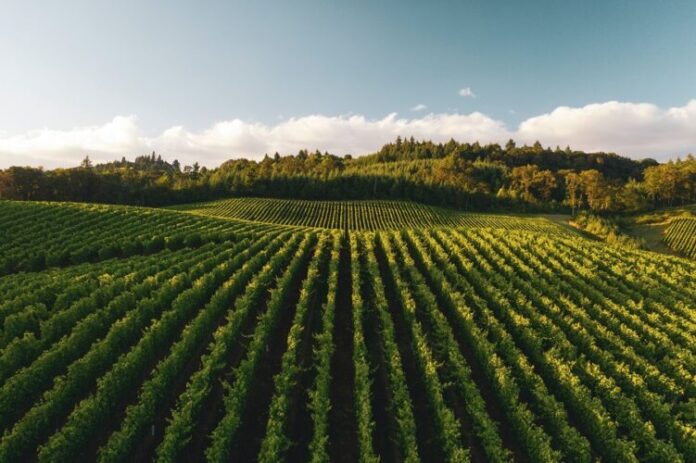In a recent article, Bloomberg informed that a ship carrying 20,000 metric tons of fertilizer from Russia was chartered by the World Food Program to be transported to Mozambique. From there, it is transported by truck through the interior to its final destination, Malawi.
Amidst the market disruption, a batch of Russian fertilizer, which was stranded in ports from the Baltic Sea to Belgium, was released as part of a broader UN agreement to allow grain transports via the Black Sea. This fertilizer was donated by Russia’s Uralchem-Urakali Group and began arriving in Malawi in early February.
According to Bloomberg, Uralchem is planning to hold a handover ceremony with the government of Malawi, which will be attended by the Russian ambassador on March 6.
The disruption in the market led to a surge in prices last summer, resulting in stockpiling by those who could afford it. Although costs have since dropped significantly, they still remain higher than pre-pandemic levels, and supplies are scarce in poorer regions.
The situation is worsened by sanctions imposed on Belarus, a major producer of potash fertilizers, as well as China’s decision to restrict exports of nitrogen and phosphate fertilizers to safeguard domestic supply. These restrictions are expected to remain in place until at least mid-2023, according to analysts.
Last year, Russian President Vladimir Putin attributed the fertilizer supply disruption from Russia to the sanctions, claiming that over 400,000 tons were stuck in European ports. However, a part of this amount has been released and given as a donation.
The UN points out that the primary problem stems from shipping insurers’ reluctance to cover Russian cargoes, and crucial agriculture banks’ inability to carry out financial transactions due to being disconnected from SWIFT.
In November, the EU and the US issued a joint statement stating that “banks, insurers, shippers, and other actors can continue to bring Russian food and fertilizer to the world.”
However, research has uncovered a devastating consequence of Russia’s invasion of Ukraine that will have far-reaching implications for the environment and global food security. President Putin’s decision to initiate the conflict has had repercussions beyond the borders of the two countries, affecting all aspects of life on Earth, including food security.
Concerns were raised that an armed conflict between two major food-producing nations would lead to increased food prices and widespread food insecurity, but the impact was not as severe as expected. However, a recent study indicates that the war’s most damaging effect may be the rise in fertilizer costs.
Using a global land use computer model, researchers simulated the effects of export limits and rising production costs on food prices, health, and land use until 2040. Their estimates suggest that the combined impact of export limits, increasing energy prices, and fertilizer prices, which had tripled by mid-2022 compared to the previous year, could result in an 81% rise in food prices in 2023 compared to 2021 levels.
Meanwhile, in the face of this upheaval, leading financial institutions such as the IMF and World Bank have found themselves frequently revising their forecasts for the present and future years.
In January, the World Bank projected a global economic expansion of 4.1%, with the EU experiencing a similar growth rate. However, the organization has since lowered its growth projection by roughly a third to 2.9%.
Researchers have determined that export restrictions account for only a small portion of the anticipated price hikes. While halting exports from Russia and Ukraine would cause food prices to increase by 2.6% in 2023, energy and fertilizer prices would surge by a whopping 74%.
Some studies further predict that the rise in food prices will result in poorer diets for many individuals. If the exorbitant fertilizer costs continue, the findings suggest that there could be an additional one million fatalities and over 100 million cases of severe malnutrition.
The regions most affected by the increased mortality rates would be the Middle East, North Africa, and Sub-Saharan Africa.
“The role of fertilizer is as important as the role of seed in the country’s food security,” said Udai Shanker Awasthi, managing director, and chief executive officer of the Indian Farmers Fertiliser Cooperative. “If your stomach is full then you can defend your house, you can defend your borders, you can defend your economy.”



